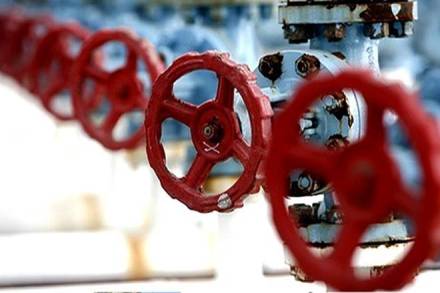The national gas trading hub, proposed by the Petroleum and Natural Gas Regulatory Board (PNGRB), is expected to be functional by the end of 2018. Rating and research agency Crisil has been appointed to assist the regulator and the government is in the process of framing rules for the exchange. The gas trading hub, or gas exchange, will determine gas prices based on supply and demand instead of formula-driven prices.“We have engaged Crisil for advising us in setting up gas exchange, or gas grid. They will advise us on framing regulations. The time line given to them is 18 weeks from May 11,” Satpal Garg, member of the PNGRB, said.
Garg was speaking on the sidelines of a roadshow for 9th round of the city gas distribution (CGD) bidding. “The objective of setting up such as hub is to ensure fair pricing and encourage the use of natural gas. The consultant will facilitate in development of a regulatory framework for operating the gas trading hub,” he said. The gas grid will work in the lines of power exchange, which determines the price based on supply and demand, and market forces.
“This can be a physical or virtual trading hub. It will be an electronic trading hub. The location will depend on where the major pipelines are connected.” “The major pipelines are currently connected in Gujarat, Maharashtra and Kakinada in Andhra Pradesh. It will be any one of these places,” he said . This hub will work as an electronic exchange and will play a major role as the country seeks to increase the consumption of natural gas from about 6.2% of the total energy pool to about 15%. It will also play a role as the country seeks to develop a network of gas pipelines and a national gas grid, and eventually when the city gas distribution network gets bigger.
Currently, the Centre fixes the price of the bulk of domestically-produced natural gas. The rate, arrived at using price prevalent in gas-surplus nations of US, Canada, UK, and Russia, is $3.06 per million British thermal unit for six month period beginning April 1. In comparison, the cost of imported LNG into India is around $ 7.5.
On the current round of city gas distribution (CGD) bidding, he said, it covers 86 geographical areas for selling CNG and piped cooking gas in 174 districts of 22 states and Union territories, and is likely to attract an investment of Rs 70,000 crore over an eight-year period.
In addition to Hyderabad, the current bidding covers 20 districts of Telangana, he said. On the infrastructure, he said, there is about 16,000 km of pipeline existing and operating, and another 12,000-km pipeline is under construction. The PNGRB focuses on increasing the sale of natural gas in the country as mandated by the government, he added.
